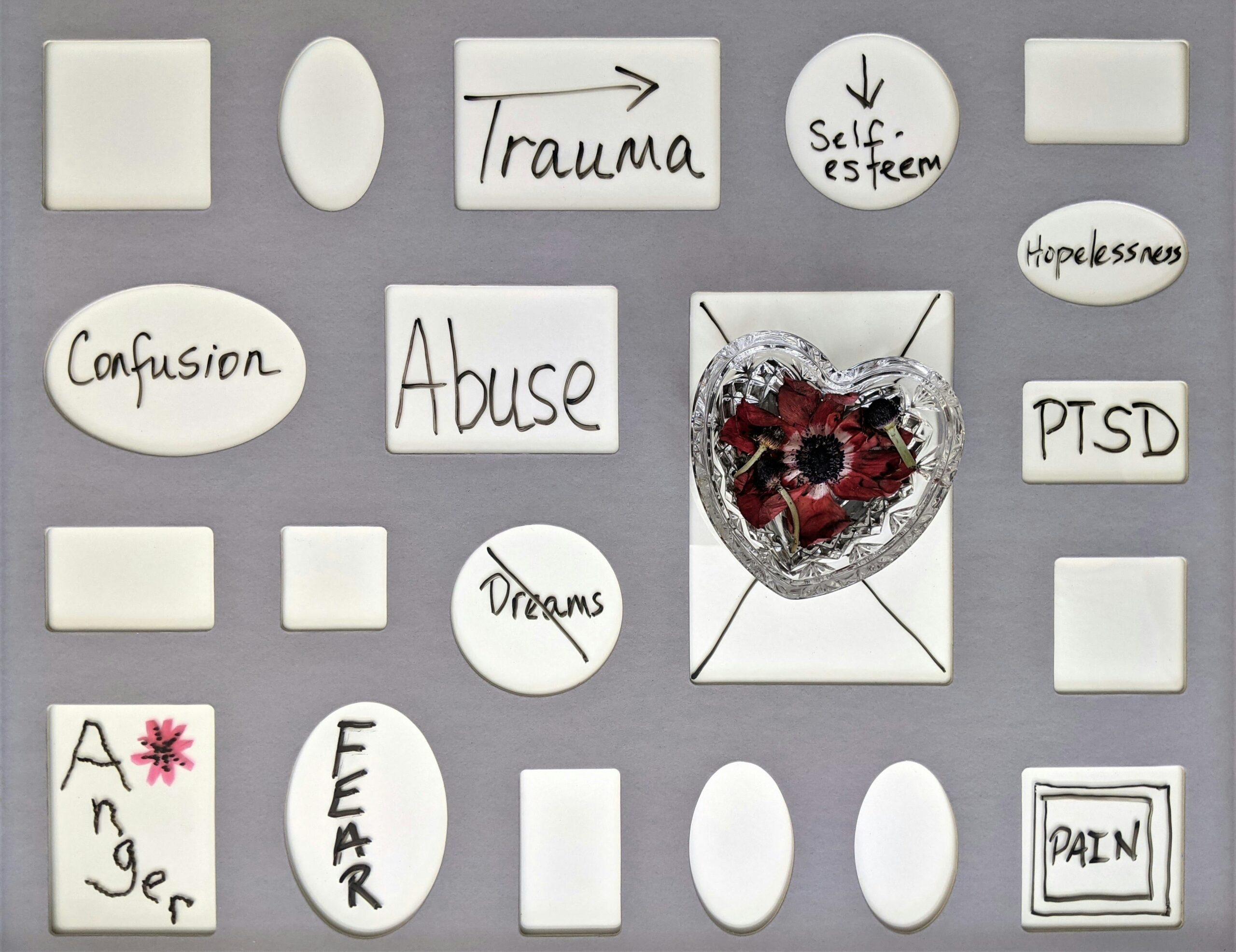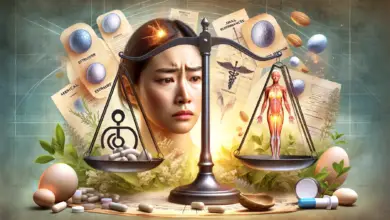Why Do Your Breasts Hurt?

Many women experience breast pain or discomfort at some point in their lives. While breast pain is usually not a cause for concern, it can be uncomfortable and worrisome. In this article, we will explore the various reasons why your breasts may hurt and provide some tips on how to alleviate the discomfort.
Hormonal Changes
One of the most common reasons for breast pain is hormonal changes. This is particularly common during the menstrual cycle when hormone levels fluctuate. Estrogen and progesterone, the two main hormones involved in the menstrual cycle, can cause breast tenderness and swelling. This type of breast pain is usually temporary and subsides once the hormonal fluctuations settle.
If you experience breast pain related to hormonal changes, wearing a supportive bra and applying a warm compress can help alleviate the discomfort. Over-the-counter pain relievers such as ibuprofen or acetaminophen may also provide relief.
Fibrocystic Breast Changes
Fibrocystic breast changes are another common cause of breast pain. This condition is characterized by the development of noncancerous lumps in the breasts. These lumps can cause tenderness, swelling, and pain. The pain may be more pronounced before the menstrual period and usually improves afterwards.
If you have fibrocystic breast changes, it is important to perform regular breast self-exams and have regular check-ups with your healthcare provider. They can help monitor any changes in the lumps and provide appropriate treatment if necessary.
Breast Injuries
Injuries to the breasts, such as trauma or accidents, can cause pain and discomfort. This can range from minor bruising to more severe injuries, such as fractures or dislocations. If you have experienced a breast injury and are experiencing persistent or severe pain, it is important to seek medical attention.
Applying a cold compress to the injured area can help reduce swelling and alleviate pain. It is also important to avoid any activities that may aggravate the injury and give your breasts time to heal.
Breast Infections
Breast infections, also known as mastitis, can cause breast pain, redness, swelling, and warmth. These infections usually occur in women who are breastfeeding but can also happen in women who are not lactating. Mastitis is often caused by bacteria entering the breast tissue through cracked or sore nipples.
If you suspect you have a breast infection, it is important to seek medical attention. Your healthcare provider may prescribe antibiotics to treat the infection. In the meantime, applying warm compresses and continuing to breastfeed or express milk can help relieve the pain and promote healing.
Breast Cysts
Breast cysts are fluid-filled sacs that can develop in the breasts. They are usually benign and often go away on their own. However, larger cysts or those that cause discomfort may require treatment. Breast cysts can cause breast pain and tenderness, particularly before the menstrual period.
If you have a breast cyst that is causing pain or discomfort, your healthcare provider may recommend draining the cyst with a needle or, in some cases, removing it surgically. It is important to follow your healthcare provider’s advice and have any breast changes evaluated.
Medication Side Effects
Some medications, such as hormonal contraceptives or hormone replacement therapy, can cause breast tenderness or pain as a side effect. If you suspect that your breast pain is related to a medication you are taking, it is important to consult with your healthcare provider. They may be able to adjust your medication or recommend alternative options.
It is important to note that breast pain is rarely a symptom of breast cancer. However, if you have concerns or if the pain persists or worsens, it is always a good idea to consult with your healthcare provider for a proper evaluation.
Conclusion
Breast pain is a common experience for many women and can have various causes. Understanding the reasons behind breast pain can help alleviate worries and provide guidance on managing the discomfort. If you are experiencing breast pain, it is always a good idea to consult with your healthcare provider for a proper evaluation and appropriate treatment.




